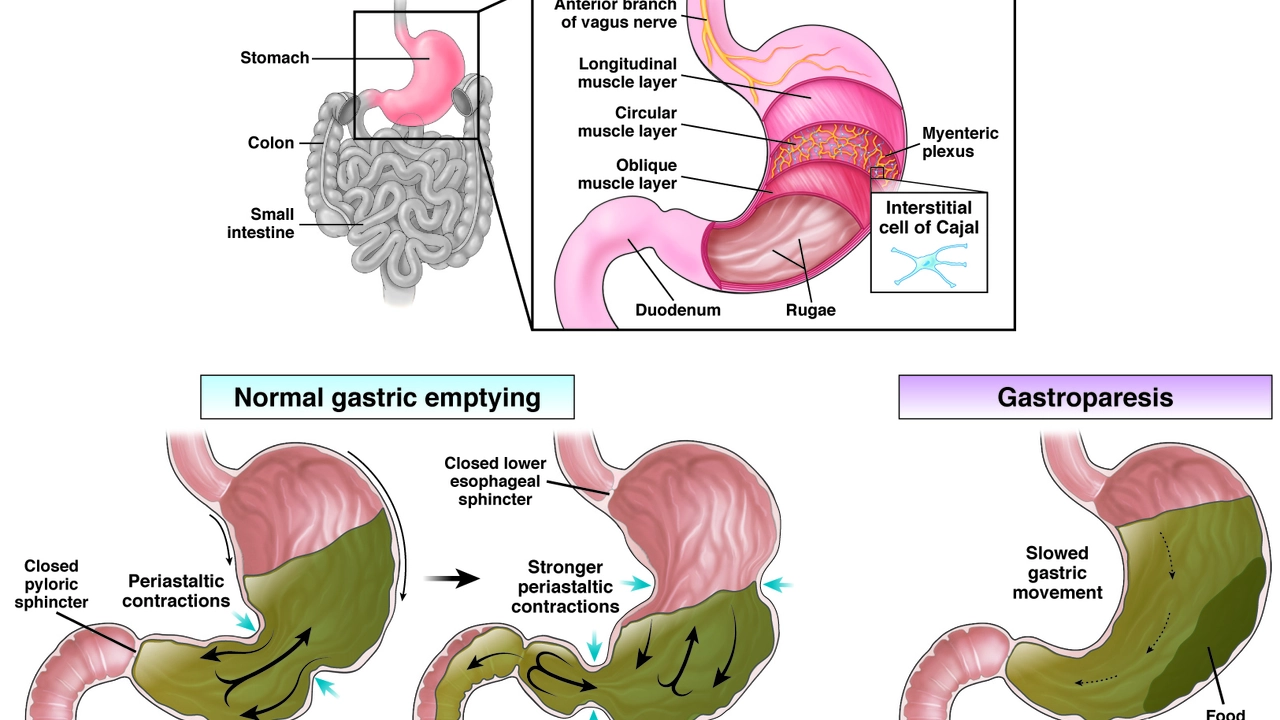Coping strategies that actually help — quick, simple, and realistic
When life piles up, you don’t need a big overhaul. You need a few small tools you can use right now. Below are clear, practical coping strategies you can start using today — whether you’re dealing with stress, health worries, or low mood.
Start with breathing. Try box breathing: inhale 4 seconds, hold 4, exhale 4, hold 4. Do that for one to three minutes when you feel tense. It slows your heart rate and clears your head fast.
Use grounding to stop a panic spiral. The 5-4-3-2-1 method works well: name 5 things you see, 4 you can touch, 3 you hear, 2 you smell, 1 you taste or something you notice. It brings your brain back to the present instead of racing into worst-case thoughts.
Schedule a worry slot. Give yourself 15 minutes a day to worry — set a timer and let the thoughts out on paper. Outside that slot, if a worry pops up, jot it down and promise to address it during the next session. This keeps anxiety from taking over your whole day.
Daily habits that build resilience
Sleep, movement, and food matter. Aim for consistent sleep times, 20–30 minutes of brisk walking, and small protein-rich snacks to stabilize mood and energy. Even short walks or simple stretches beat doing nothing.
Pace your activities. If you’re managing a chronic illness or burnout, break tasks into 10–20 minute chunks and rest between them. Use a checklist with tiny steps — crossing off short tasks gives a real motivational boost.
Keep a short journal. Don’t aim for pages — two lines is enough. Note one win, one worry, and one tiny task for tomorrow. Over time you’ll see patterns and can adjust what triggers stress.
Have a distraction toolbox. For immediate relief, use a few go-to items: a five-minute playlist, a quick craft, a snack you love, or a short comedy clip. Distraction isn’t avoidance when it helps you reset and come back clearer.
People, meds, and when to ask for help
Talk to someone. Say what you need in one sentence: “I’m stressed about X and need a quick chat.” Friends, family, or online support groups can help you feel less alone. If medication or supplements are part of your plan, keep a simple tracker so doses and refills stay on schedule.
Seek professional help when coping tools stop working — if sleep, appetite, or daily function fall apart, or if you think about harming yourself. A therapist or pharmacist can offer targeted strategies and safe treatment options.
Pick two things from this page and try them for a week. Small, consistent moves beat big, short-lived efforts. You don’t have to fix everything at once — just build a toolbox that fits your life.

